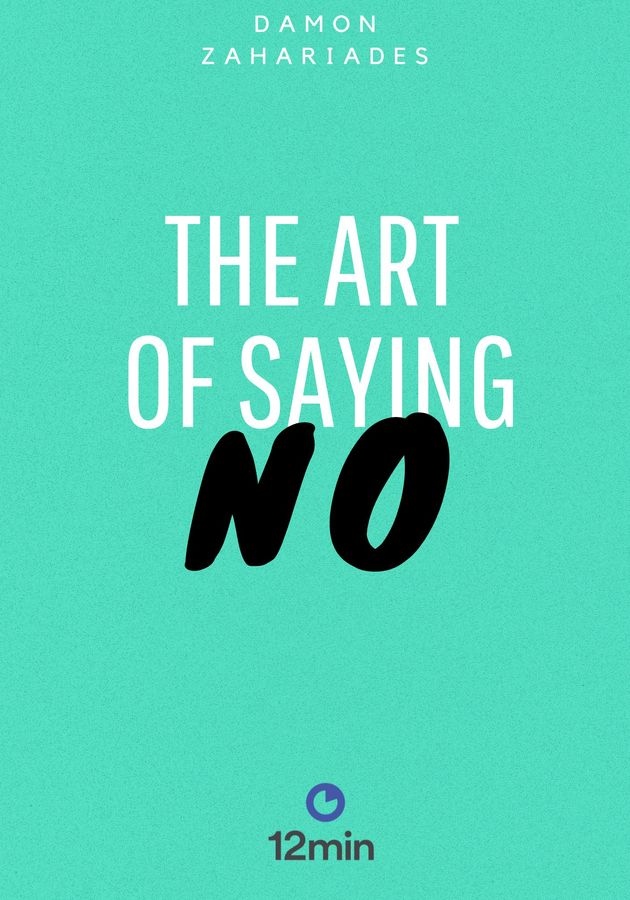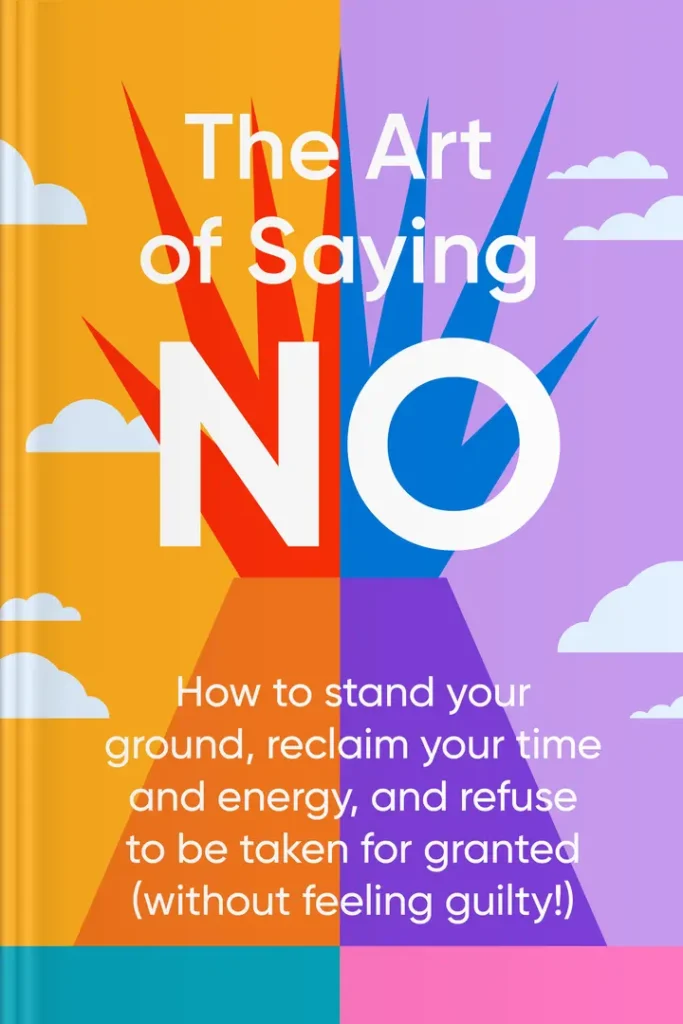In a world where we’re constantly asked to do more—take on extra tasks, attend events, or help others—it’s easy to feel overwhelmed. The ability to say “no” is a crucial skill for maintaining a balanced life and protecting your mental and physical health. Setting healthy boundaries ensures that you’re not stretched too thin and can focus on what truly matters. This article will guide you on how to say no gracefully and set boundaries that help you live a more balanced life.
Why Saying No Is Essential for Your Well-being
Saying “no” isn’t just about rejecting requests; it’s about protecting your time, energy, and peace of mind. Without clear boundaries, you risk burnout, stress, and resentment. When you say yes to everything, you end up sacrificing your own needs and priorities, which can affect your overall well-being.
- Prevents burnout: You can’t do it all, and overcommitting leads to exhaustion.
- Boosts self-respect: Setting boundaries shows that you value your own time and needs.
- Improves relationships: Clear boundaries lead to more honest and fulfilling interactions with others.

Tips for Setting Healthy Boundaries
1. Understand Your Priorities
Before you can say no effectively, you need to know what matters most to you. Prioritizing your time and energy will help you make better decisions about what to accept and what to decline.
- Tip: Make a list of your top priorities—family, work, health, and personal time. Use this as a guide when deciding whether to accept new requests.
- Example: If you’re focused on fitness, you may choose not to attend social events that interfere with your workout schedule.
2. Practice Saying No Politely
Saying no doesn’t have to be harsh or confrontational. You can decline respectfully, maintaining your relationships while still protecting your boundaries. Learning how to say no politely helps you feel confident and comfortable.
- Tip: Use phrases like, “I appreciate the offer, but I’m unable to commit right now,” or “I’m focusing on other priorities at the moment.”
- Example: Instead of agreeing to an extra project at work, say, “I would love to help, but my current workload won’t allow it.”
3. Set Clear and Firm Boundaries
When setting boundaries, it’s important to be clear and firm about your limits. Vagueness can lead to misunderstandings or people pushing your limits. Make sure your boundaries are communicated effectively.
- Tip: Be direct but kind when communicating your boundaries. Make it clear what you can and can’t do.
- Example: “I am only available for work-related calls between 9 a.m. and 5 p.m. After that, I need to disconnect to focus on personal time.”
4. Don’t Feel Guilty About Saying No
Many people struggle with guilt when they say no, especially when it involves others’ expectations. However, saying no is an act of self-care. You are not obligated to say yes to every request that comes your way.
- Tip: Remind yourself that you are saying no to protect your well-being, not to reject the person making the request.
- Example: If a friend asks you to attend an event, but you need rest, say, “I’m going to pass this time, but I hope you have a great time!”
5. Learn to Recognize People-Pleasing Tendencies
If you have a tendency to people-please, it’s important to recognize this pattern and break free from it. People-pleasing can lead to overcommitment and resentment, both of which harm your mental health.
- Tip: Practice self-awareness by reflecting on your motivations for saying yes. Are you trying to avoid conflict or fear rejection? If so, it’s time to prioritize your needs.
- Example: If you agree to something you don’t want to do just to keep the peace, stop and reconsider before committing.
The Power of Setting Boundaries in Everyday Life
 Setting boundaries isn’t just a one-time action—it’s a continuous process. As your life evolves, your boundaries may shift, and it’s important to regularly assess your needs and adjust your limits accordingly. When you practice saying no and establish healthy boundaries, you’ll notice a more balanced life. You’ll have more time for what truly matters—self-care, personal growth, and quality time with the people who are most important to you.
Setting boundaries isn’t just a one-time action—it’s a continuous process. As your life evolves, your boundaries may shift, and it’s important to regularly assess your needs and adjust your limits accordingly. When you practice saying no and establish healthy boundaries, you’ll notice a more balanced life. You’ll have more time for what truly matters—self-care, personal growth, and quality time with the people who are most important to you.
Conclusion: Embrace the Art of Saying No
Saying no is a vital skill that allows you to set healthy boundaries and protect your well-being. It helps you prioritize your own needs and prevents burnout, leading to a more fulfilling, balanced life. By practicing the tips outlined in this article, you’ll learn how to say no with confidence, fostering healthier relationships and a more positive mindset. you may read the book from here
Start setting your boundaries today and create the space you need for a balanced and peaceful life. Don’t be afraid to say no—you deserve it!
